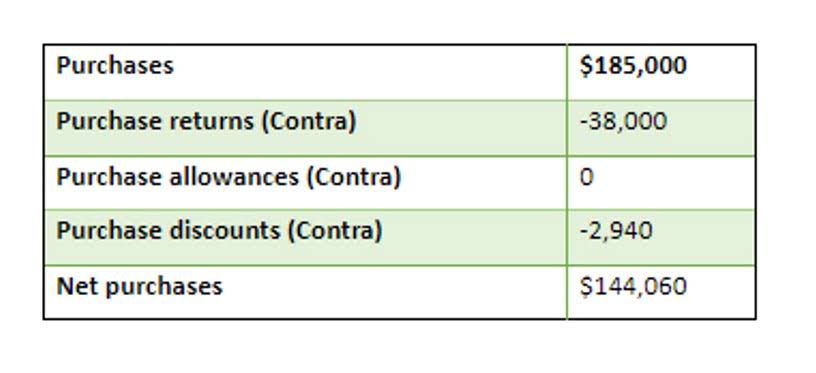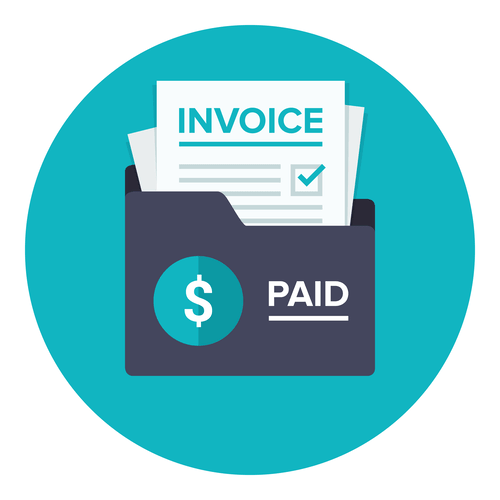
5paisa will not be responsible for the investment decisions taken by the clients. In some cases, even, one state may tax interest than another does not. As with any investment, your profit on a stock or bond depends on the performance of the issuing company or entity. However, when a stock or bond performs poorly, the entity’s responsibility to you, the investor, is different for a stock than it is for a bond. One major difference between the bond and stock markets is that the stock market has central places or exchanges where stocks are bought and sold. Bonds are normally given an investment grade by a bond rating agency like Standard & Poor’s or Moody’s.
- Stocks are the financial asset, normally issued by the companies to raise capital from the general public.
- Stocks, however, usually provide higher returns but come with greater risk.
- Stocks can only be sold by companies, but bonds can also be sold by other entities, such as cities and governments.
- Stock dividends and capital gains may be taxed at different rates, with long-term capital gains often receiving favourable tax treatment.
Company
Capital gains can be used as income or difference between stocks and bonds reinvested but will be taxed as long-term or short-term capital gains accordingly. When you hear someone talk about equity and debt markets, they’re typically referring to stocks and bonds. Corporations often issue equity to raise cash to expand operations, and in return, investors can benefit from the future growth and success of the company.
- You won’t earn the same return that’s possible with stocks, but you’ll be more confident the money will be there when you need it.
- You can buy stocks and bonds through a brokerage account, either online or via a financial advisor.
- That means bondholders are in a better position to get paid back than investors when a company is in trouble.
- Securities sold on the bond market are all various forms of debt.
- Common stock usually entitles the owner to vote at shareholders’ meetings and to receive any dividends paid out by the corporation.
- Stocks are much more volatile, and there is a higher chance of losing your investment since equity holders are subordinated to debt holders if a company is forced to liquidate.
Differences Between Stocks and Bonds FAQ Questions

Those who do include large institutional investors like pension funds, foundations, and endowments, as well as investment banks, hedge funds, and asset management firms. Individual investors who wish to invest in bonds may do so through a bond fund managed by an asset manager. If a company files for bankruptcy, it must pay back its debts before its shareholders. That means bondholders are in a better position to get paid back than investors when a company is in trouble. Whatever you choose to invest in, make sure to do plenty of research first. Both stocks https://inspire-services.in/ledger-home-of-the-first-and-only-certified/ and bonds can be good investments under the right market conditions.
- To buy stocks, you must set up a brokerage account, establish funds, and then begin trading.
- Its top-performing year saw a gain of 32.3 percent while its worst-performing year brought a loss of 22.5 percent.
- Since stocks and bonds generate cash differently, they are taxed differently.
- However, if you’re further from retirement, you can typically afford a bit more risk with assets like stocks.
- For investors without access directly to bond markets, you can still get access to bonds through bond-focused mutual funds and exchange-traded funds (ETFs).
Stocks vs. Bonds: Differences and Similarities
However, many stock investors these days don’t even buy individual stocks. Instead, they invest in ETFs or mutual funds that hold a basket of different stocks. When you buy stock, you’re purchasing a tiny slice of the company — one or more „shares.” And the more shares you buy, the more of the company you own. Let’s say a company has a stock price of $50 per share, and you invest $2,500 (50 shares for $50 each). There are a variety of reasons a company would issue bonds instead of stock, including limits on how much stock a company can issue. If a company’s stock is trading for a cheap valuation, issuing bonds may be a more efficient way to raise capital.
While these companies may not experience rapid price appreciation, their consistent dividend payments can appeal to investors seeking to diversify their fixed-income portfolios. Preferred stock, a hybrid security, shares characteristics of both bonds and equities. It generally offers higher dividend yields than common stock or bonds, but carries a lower risk profile than common stock.

They want to buy stocks in companies that have consistent revenue and profit growth, so picking good companies with solid growth potential is essential. When you buy a stock, it means you are purchasing a small percentage of the company. However, bonds represent debt, meaning that you are effectively lending money that must be paid back to you, with interest. Investors are often told to buy both stocks and bonds in order to diversify.


That’s why stock is also referred to as „equity.” This applies to established companies and IPOs that are new to the market. There are even strategic investment funds that change your portfolio allocation depending on your age and when you plan to retire. But someone close to retirement might have 90–100% in bonds because they are going to need access to this money soon and might not tolerate a big market drawdown. For example, a young person who QuickBooks is saving for retirement might choose to have 90% or 100% of their money in stocks in order to maximize returns.
